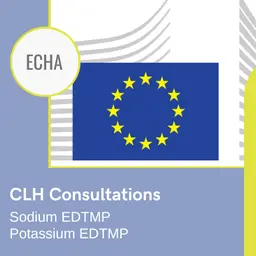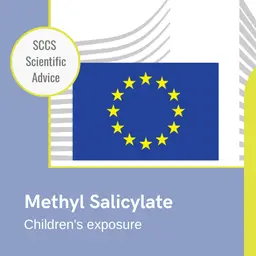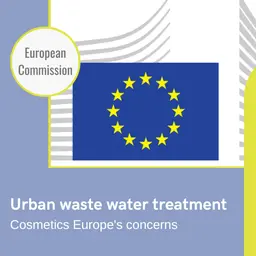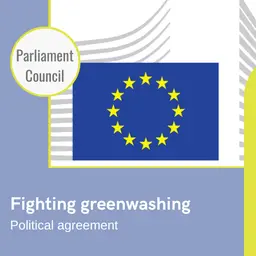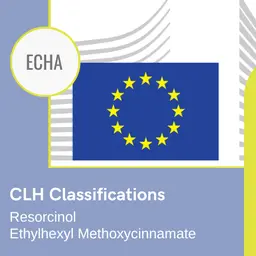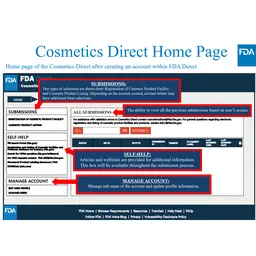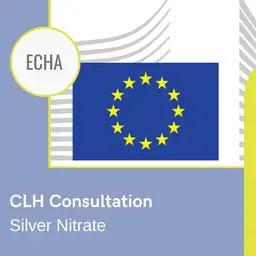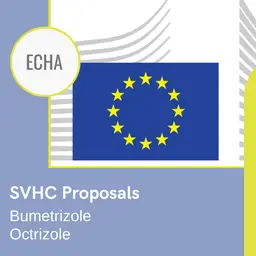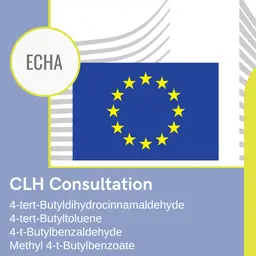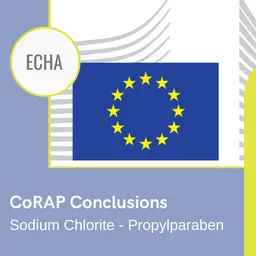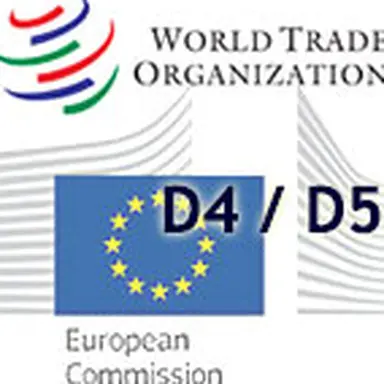
The European Union has just transmitted to WTO a draft regulation aimed at restricting the use of octamethylcyclotetrasiloxane (D4) and decamethylcyclotetrasiloxane (D5) to 0.1% in rinse-off cosmetic products. A measure decided under REACH regulation, and aimed to amend its Annex XVII by the end of 2017.
Notification date
20 February 2017
Products covered
D4 and D5 in wash-off cosmetic products in a concentration equal to or greater than 0.1% by weight of either substance.
Title of the notified document
Draft Commission Regulation amending Annex XVII to Regulation (EC) No 1907/2006 of the European Parliament and of the Council concerning the Registration, Evaluation, Authorisation and Restriction of Chemicals (REACH) as regards octamethylcyclotetrasiloxane ('D4') and decamethylcyclopentasiloxane ('D5').
Content
This draft Regulation relates to a new entry in Annex XVII to Regulation (EC) No 1907/2006.
It would restrict the placing on the market of octamethylcyclotetrasiloxane (D4) and decamethylcyclotetrasiloxane (D5) in wash-off cosmetic products in a concentration equal to or greater than 0.1% by weight of either substance.
Application of the restriction is deferred for 24 months to allow industry sufficient time to adapt and achieve compliance.
Objective
To address the risks to the environment from the placing on the market of D4 and D5 in cosmetic products that are washed-off with water after application, under normal conditions of use. The restriction proposal is based on the PBT – Persistent, Bioaccumulative and/or Toxic – and vPvB – (very) Persistent, (very) Bioaccumulative – properties of D4 and on the vPvB properties …

